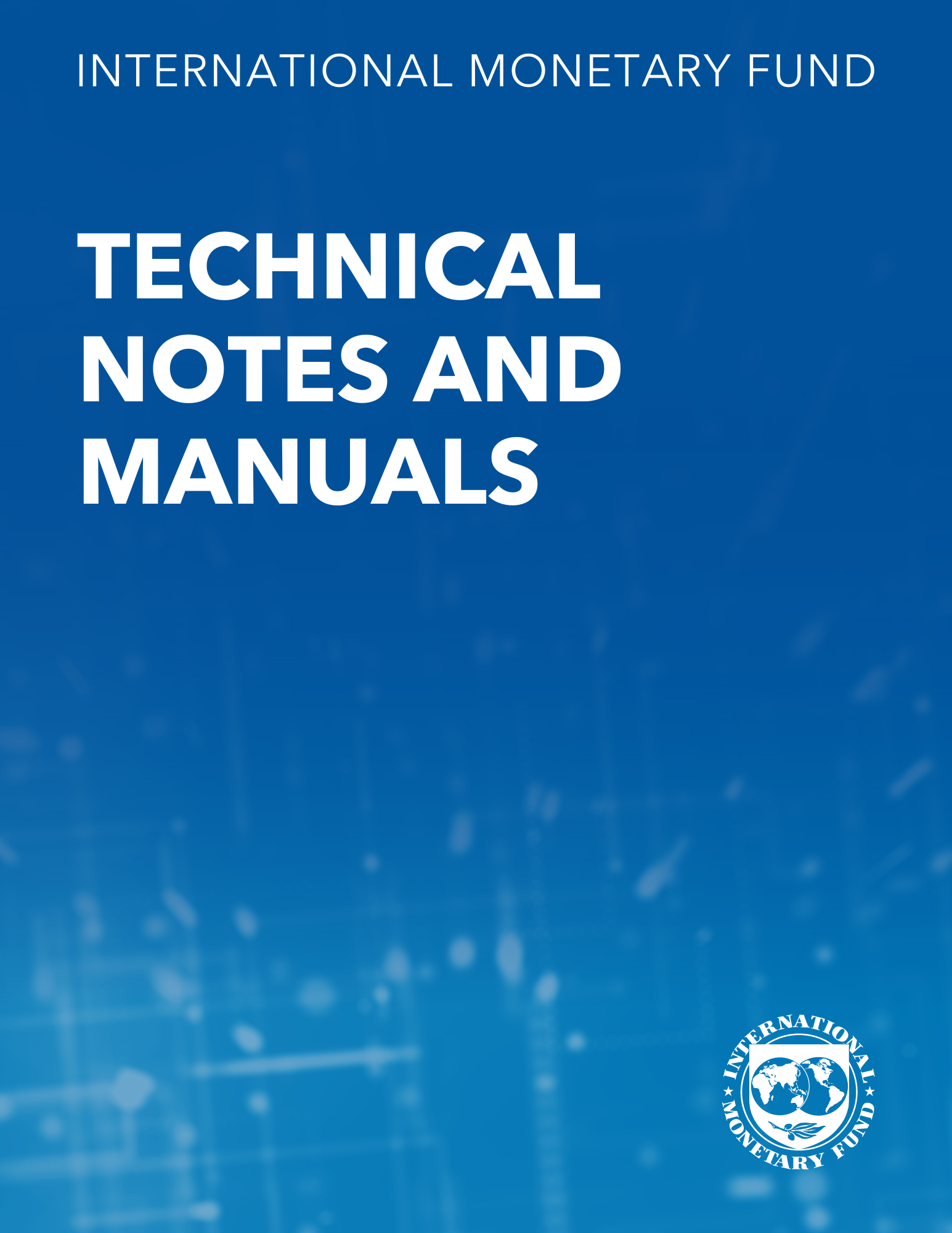Consensus Forecasts and Inefficient Information Aggregation
July 1, 2010
Disclaimer: This Working Paper should not be reported as representing the views of the IMF.The views expressed in this Working Paper are those of the author(s) and do not necessarily represent those of the IMF or IMF policy. Working Papers describe research in progress by the author(s) and are published to elicit comments and to further debate
Summary
Consensus forecasts are inefficient, over-weighting older information already in the public domain at the expense of new private information, when individual forecasters have different information sets. Using a cross-country panel of growth forecasts and new methodological insights, this paper finds that: consensus forecasts are inefficient as predicted; this is not due to individual forecaster irrationality; forecasters appear unaware of this inefficiency; and a simple adjustment reduces forecast errors by 5 percent. Similar results are found using US nominal GDP forecasts. The paper also discusses the result’s implications for users of forecaster surveys and for the literature on information aggregation.
Subject: Economic forecasting
Keywords: beta coefficient estimate, coefficient estimate, Consensus Forecasts, Forecast Efficiency, furthest out, GDP estimate, Global, horizon result, idiosyncratic error, Information Aggregation, math, mean beta coefficient estimate, mean coefficient, root mean, SPF dataset, squared consensus, table, variance of the coefficient estimate, WP
Pages:
43
Volume:
2010
DOI:
Issue:
178
Series:
Working Paper No. 2010/178
Stock No:
WPIEA2010178
ISBN:
9781455201891
ISSN:
1018-5941







